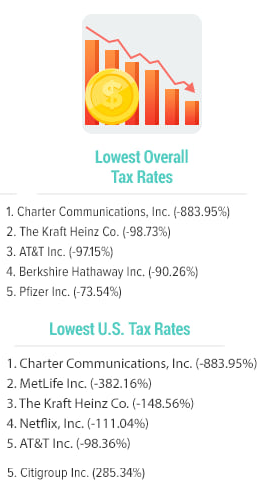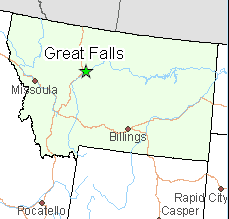 From the producers of Dividing Lines:
From the producers of Dividing Lines:
Across the country, state legislatures have created barriers to community involvement in expanding internet access.
In Tennessee, lobbyists from AT&T, Charter, and Comcast spread huge campaign contributions around the state legislature. AT&T’s influence is felt in the governor’s own broadband expansion legislation, which was tailor-written to allow the phone company to collect huge taxpayer subsidies to expand inferior DSL into rural parts of Tennessee.
Meanwhile, some local communities seeking to build state-of-the-art fiber to the home networks capable of delivering 10 gigabit service found that doing so would be illegal under state law.
Think about that for a moment.
A multi-billion dollar telecom company is allowed to expand its slow speed DSL network with taxpayer-funded grants while your local community is forbidden to bring fiber optic service to your home even if your community votes to support such a project. Exactly who is the governor and state legislature working for when it comes to resolving Tennessee’s rural broadband nightmare?
In part two of this series, watch State Senator Janice Bowling describe how much influence AT&T has over the Tennessee state legislature. (5:31)


 Subscribe
Subscribe
 Parts of Montana were left without phone, internet, or cable television service for the third time in the last few weeks after the latest outage from Spectrum caused widespread interruptions.
Parts of Montana were left without phone, internet, or cable television service for the third time in the last few weeks after the latest outage from Spectrum caused widespread interruptions. Charter Communications, which does business as Spectrum, has raised the price of its legacy “Everyday Low Priced Internet (ELP),” a 2/1 Mbps service that Time Warner Cable introduced in 2013 for $14.99 a month. Our reader Todd writes the service is going up another $5 a month (after an earlier $5 rate increase) effective in November 2018, as his latest bill shows:
Charter Communications, which does business as Spectrum, has raised the price of its legacy “Everyday Low Priced Internet (ELP),” a 2/1 Mbps service that Time Warner Cable introduced in 2013 for $14.99 a month. Our reader Todd writes the service is going up another $5 a month (after an earlier $5 rate increase) effective in November 2018, as his latest bill shows: That service is also promoted in mailers in low-income neighborhoods without an income or benefit pre-qualification requirement, so anyone in those neighborhoods can sign up.
That service is also promoted in mailers in low-income neighborhoods without an income or benefit pre-qualification requirement, so anyone in those neighborhoods can sign up.
